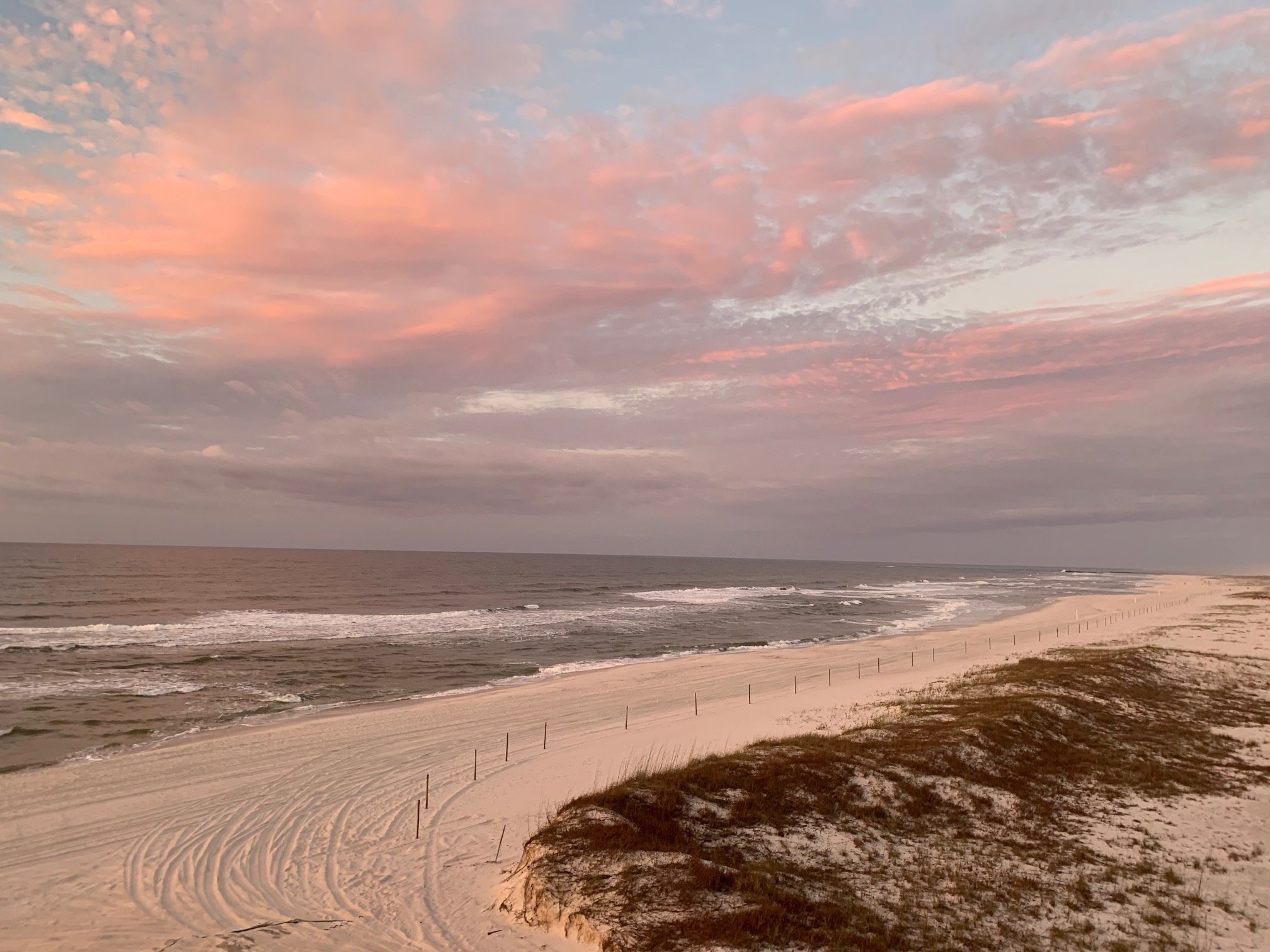Buechner: Ash Wednesday
“In many cultures, there is an ancient custom of giving a tenth of each year’s income to some holy use. For Christians, to observe the forty days of Lent is to do the same thing with roughly a tenth of each year’s days.”—Frederick Buechner in Whistling in the Dark: An ABC Theologized (Harper & Row, 1988), p. 82.
Duke University Chapel
We begin our Lenten journey on this Ash Wednesday. It is a day to remember our mortality: “Dust you are, and to dust you shall return.” I think of my favorite aunt, who had Alzheimer’s for more than ten years, who died on Ash Wednesday.
I remember watching the members of our parish receive the imposition of ashes. Some have cancer or other illnesses, and I know they worry whether they will be present in this body at this church next Ash Wednesday. Some are filled with tears as they stand or kneel at the altar. I wonder who will meet death face to face before next Easter. Could it be even myself or a member of my family? I never imagined we would not be in our churches for two Ash Wednesdays.
I travel back in time to the Cathedral School on Ash Wednesday, when we heard elementary students comment as we placed ashes on their foreheads: “Will it stay on? How do I look? You look funny.”
I remember a beautiful young mother holding her three-month-old baby girl and coming to the altar. Our priest traces the sign of the cross on the mother’s forehead. I do not want her to put the cross on this baby’s head. I watch as she asks the mother, and then applies the black ashes to the tiny forehead. The little girl does not cry out, but I want to stand up and protest: “No, don’t do that!” My life profession has been to care for tiny babies. I do not want to think of this precious one dying. I will not permit it. I still have no answers as to how to handle the death of a child.
Ash Wednesday is a reminder of our immortality. I still have difficulty with it. A huge part of me lives as though I and others will live forever. As I grow older, I realize this is not true, as I begin to treasure each day as a gift. Easter tells me there is more than this life—resurrection—a resurrection, a new life. Barbara Crafton calls this life in the resurrection The AlsoLife.
I think again of my aunt. In fact, I still sometimes feel her presence. That same Ash Wednesday she died, someone calls to tell me that a dear friend is having her first baby today and has asked for prayers. I pray that the presence of God in the spirit of my aunt will be by the bed of my friend to guide and protect her and her unborn child.
It is always thus. One person dies, another is born. We all carry the blackened sign of the cross on our forehead. My mind returns to the Cathedral School as I remember a sermon by Beth Maze on Ash Wednesday: “Creation Is Made from Dust.”
It is good that we have these forty days to ponder all this.
Joanna https://www.joannaseibert.com/



